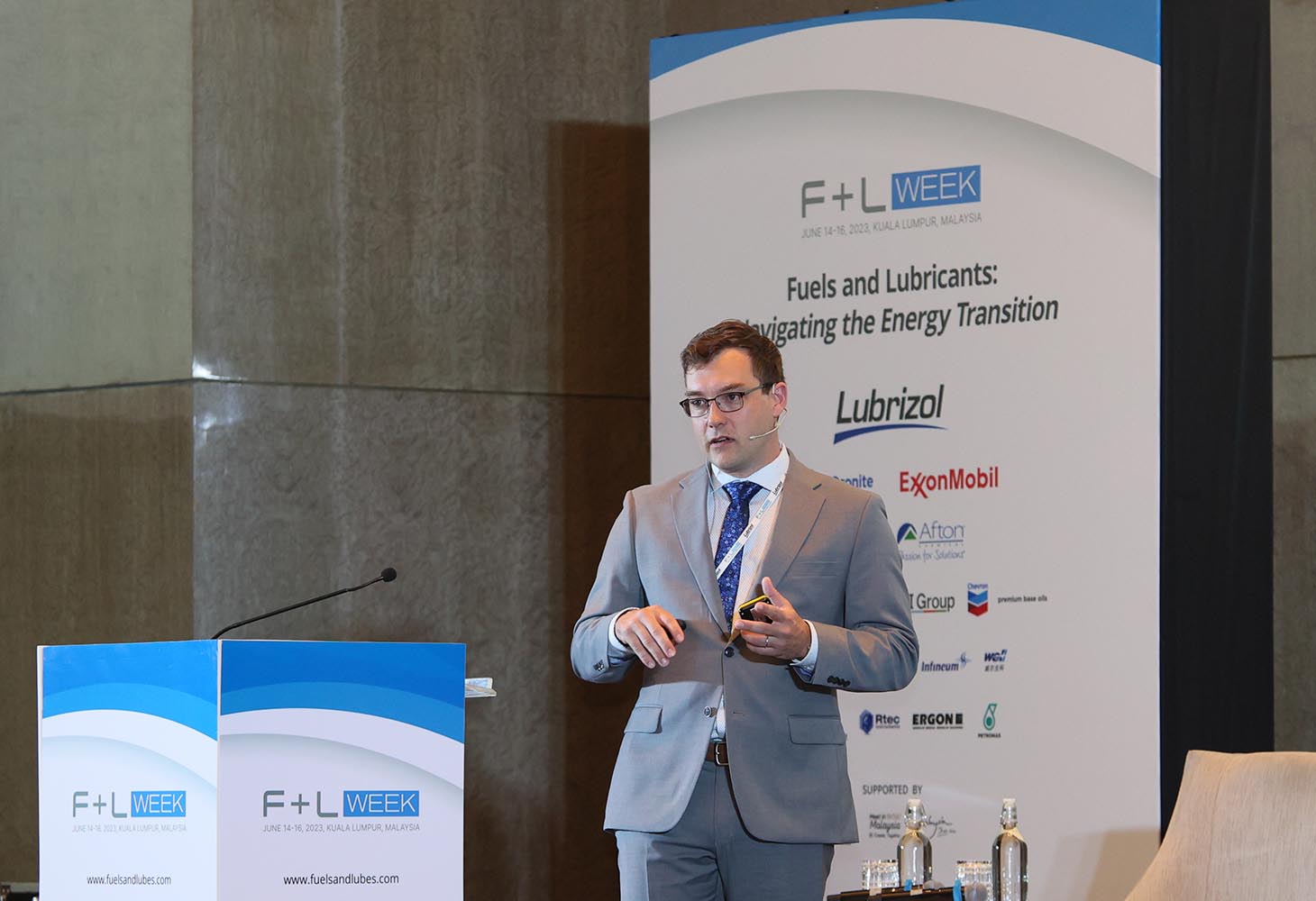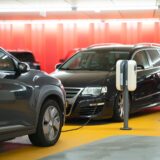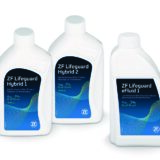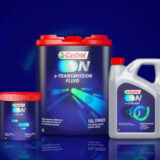
Valvoline outlines development of high-efficiency EV grease
Despite dramatic improvements, the current performance of electric vehicles (EV) does not yet match that of the internal combustion engine (ICE) with range anxiety a predominant concern. This presents an opportunity for further advancement, says Jacob Bonta, product development chemist at Valvoline Global Operations.
Valvoline has been formulating lubricants for racing for more than 100 years. Four years ago, the company started developing greases for racing applications, says Bonta. Greases do not get the same attention as motor oils. Because of this lack of attention, there is a lot of room for innovation, he says.
Speaking at F+L Week 2023 on June 15, at the Four Seasons Hotel in Kuala Lumpur, Malaysia, Bonta outlined Valvoline’s Next Generation, High-Efficiency Grease For Electric Vehicles Developed In Racing Applications.
Little progress has been made in the development of EV-specific lubricating greases with many greases typical of their ICE counterparts. Bonta defined the development approach for Valvoline’s patent-pending high-efficiency EV grease technology platform which he says provides reliable tribological protection, enhanced racing performance and flexibility of design.
An iterative approach was employed using data from various racing teams. Valvoline’s initial focus was centred around friction reduction, says Bonta. A broad survey of traditional and unique friction reduction agents resulted in a modest decrease in power loss and a dramatic reduction in bearing temperatures.
Valvoline continued to make further advancements with its “Generation 2” grease, which focused on viscosity reduction. The use of a synthetic co-polymer allowed the reduction of viscosity to lower levels while maintaining a suitable tribological film, says Bonta. The Valvoline representative noted dramatic power savings of more than 7% and a lower temperature generation—with absolute temperature and the rate of change both reduced with the lower viscosity material. In its “Generation 3” product, the company coupled friction reduction and low viscosity to deliver an 11.2% power saving and a continued delta in the temperature evolution.
The lessons learned in these racing applications were then applied to EVs to maximise efficiency, says Bonta. In partnership with Falex, Valvoline developed a method for laboratory efficiency testing to measure the relative energy usage differences across greases. Efficiency gains of up to 50% were outlined compared to traditional grease technologies.
Using viscosity as a metric can change energy consumption and temperature considerably in EV applications, says Bonta. The testing demonstrated much lower start-up power requirements and a shorter duration to achieve the maximum efficiency of the greases. All this work culminated in the patent-pending EV grease technology platform, says Bonta.














